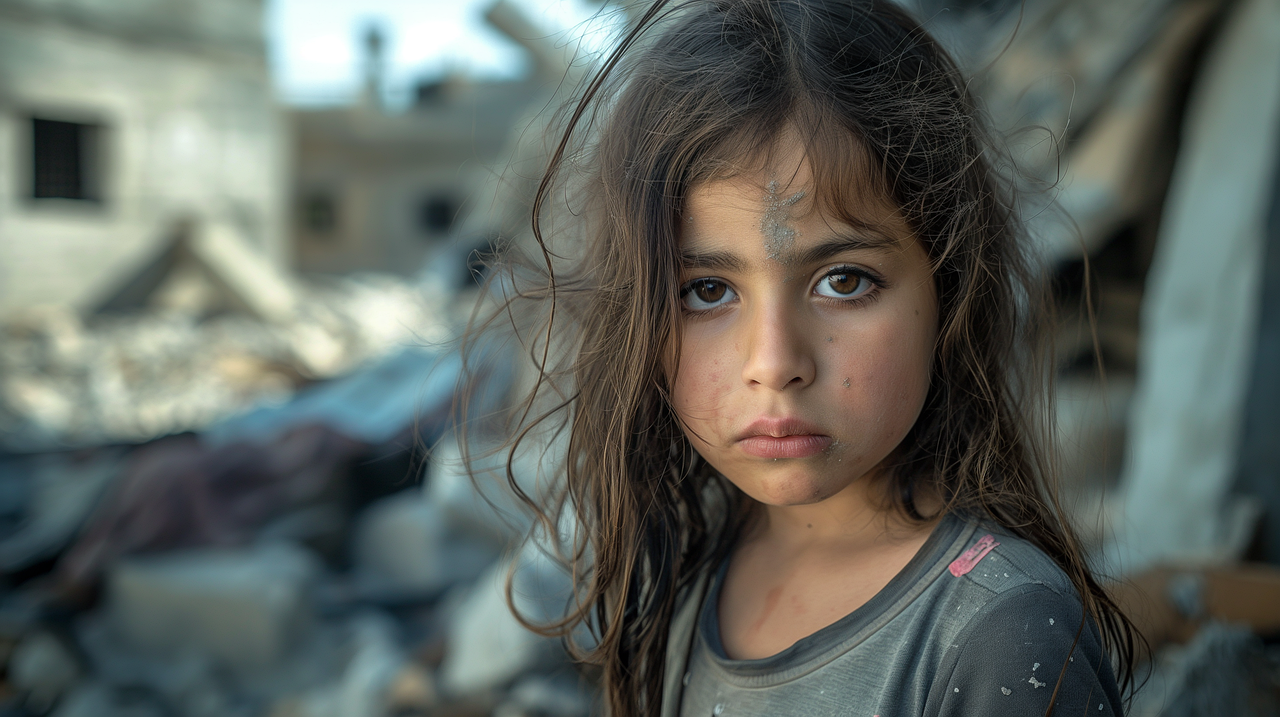On October 1, 2024, just shy of the one-year anniversary of the conflict between Gaza and Israel, Iran launched a series of bombings against Tel Aviv in retaliation for an Israeli airstrike that killed Hezbollah leader Hassan Nasrallah in Beirut. Sirens blared through the streets of Tel Aviv and Jerusalem as Hezbollah unleashed over 180 missiles targeting military installations. Despite the backing of their ally, the United States, Israel’s defense systems struggled to intercept all incoming projectiles, leading to significant concern among the populace. The ferocity of the assault underscored the escalating tensions in the region, with both sides seemingly locked in a relentless cycle of violence.
Compounding the chaos, a terrorist attack unfolded in Jaffa, where two gunmen opened fire on civilians, resulting in seven deaths and ten injuries. These events, occurring within a twenty-four-hour span, marked one of the most devastating days on Israeli-controlled soil in recent memory. The attacks highlighted the ongoing volatility in the region and the profound impact on civilian lives, serving as a grim reminder of the human cost of this enduring conflict.
Iran has long been a staunch advocate for Palestinian rights, consistently condemning Israeli military actions and pledging unwavering support to the cause. Ayatollah Ali Khamenei has characterized the Palestinian struggle as a “sacred cause,” positioning Iran as a self-styled guardian of the oppressed. Reports have emerged detailing the flow of advanced weaponry—missiles, drones, and military training—to bolster Palestinian factions. The Iranian Revolutionary Guard Corps (IRGC) has played a crucial role in orchestrating this military aid, demonstrating the intricate connections within this ongoing conflict and the implications for regional stability.
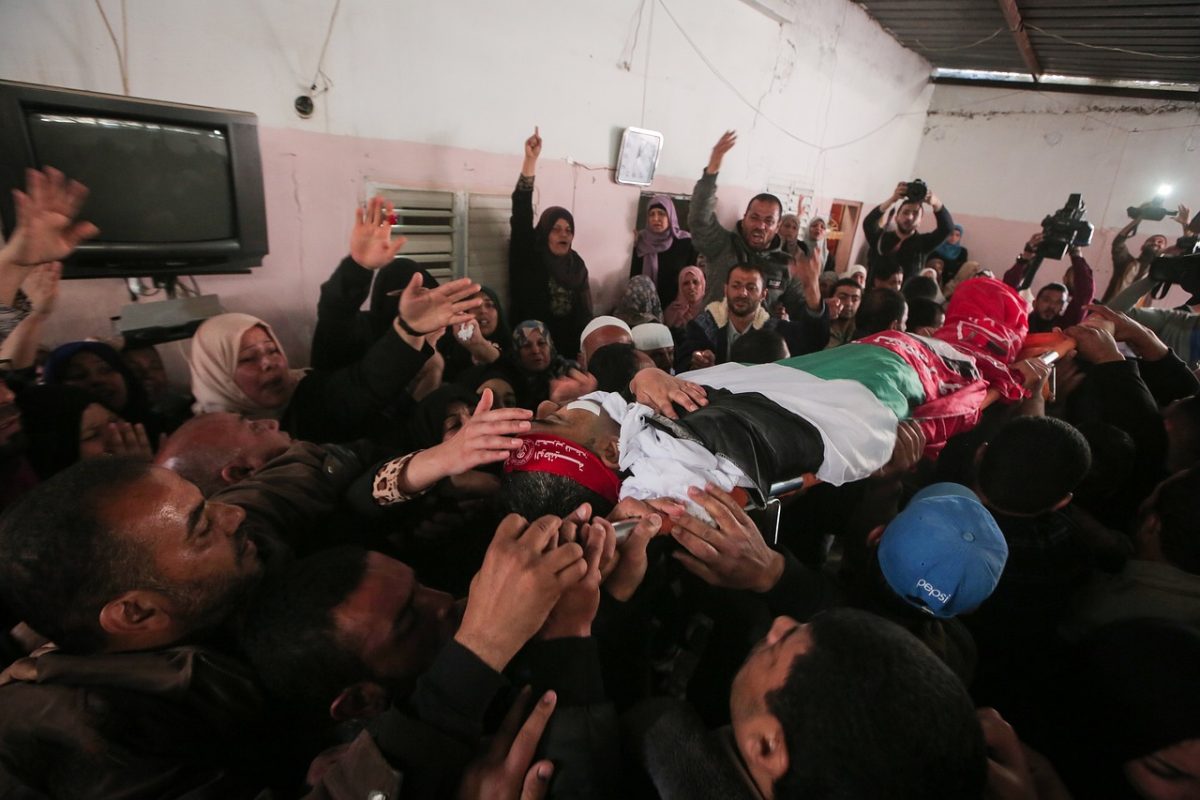
Just days prior, on September 27, an Israeli airstrike targeted the Dahiyeh district of Beirut, tragically claiming the lives of thirty-seven people, including women and children, and injuring around 3,000 others. At the time of the attack, Nasrallah was in a meeting with senior Hezbollah leaders, making his assassination a pivotal moment for both Hezbollah and its Iranian allies. For many in the region, Nasrallah represented not just a military leader but a symbol of resistance and strength. His death not only created a power vacuum within Hezbollah but also heightened the sense of urgency among Iran and its allies to retaliate.
In the aftermath of his death, Iran swiftly vowed retribution. Khamenei called for immediate retaliation, emphasizing that Nasrallah’s legacy would not be forgotten. The Iranian leadership mobilized its resources to support Hezbollah and other allied groups, showcasing a united front against perceived Israeli aggression. Meanwhile, the United States characterized the airstrike as a justified measure, with President Biden referring to it as a “measure of justice,” thereby reinforcing U.S. commitment to Israel amidst escalating tensions.
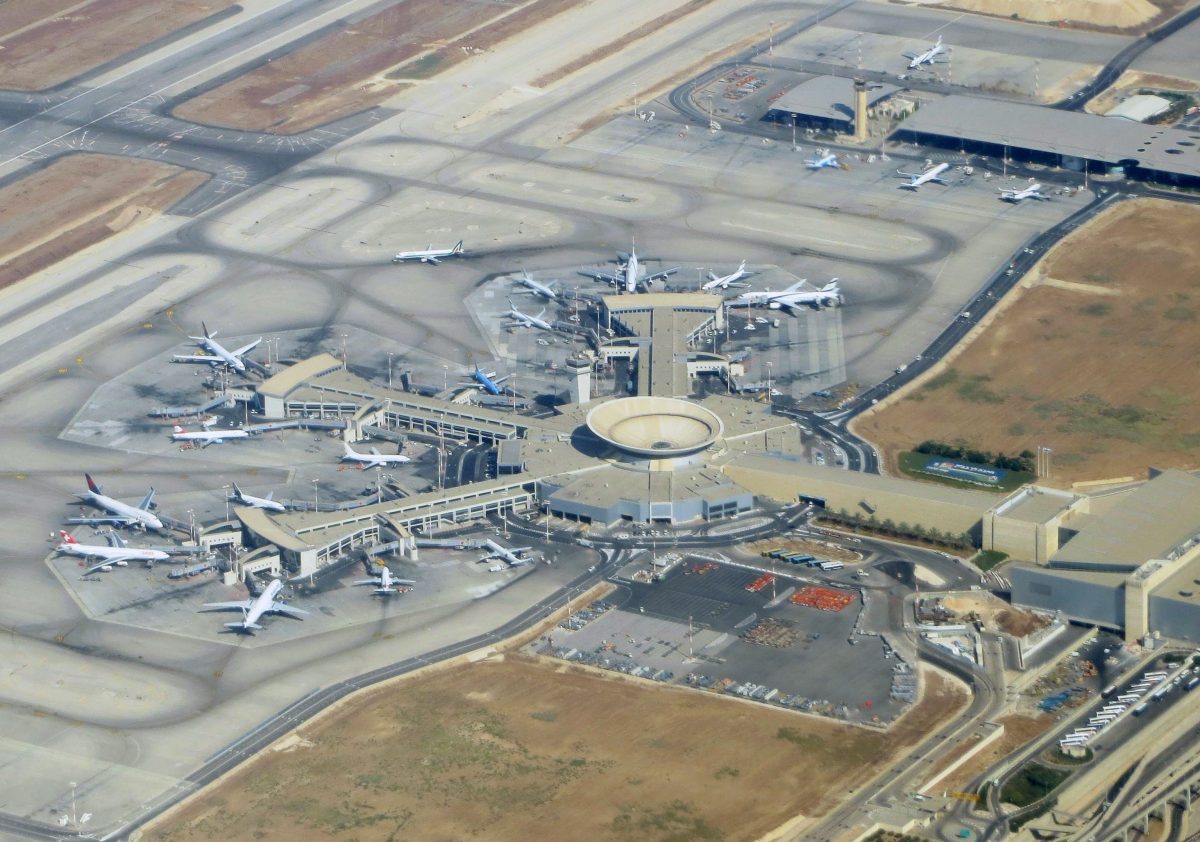
The following day, Yemen’s Houthi rebels launched a ballistic missile aimed at Ben Gurion Airport, strategically timed to coincide with Prime Minister Netanyahu’s arrival in Israel. Initial reports suggested Netanyahu had suffered severe head injuries from the attack, causing widespread alarm. However, subsequent updates confirmed that the missile was intercepted successfully, resulting in only minor damage near the airport. This incident highlighted the interconnectedness of regional conflicts, as the Houthis aligned their actions with Iranian interests in retaliation for the airstrike.
Pakistan, recognized as a significant military force in the region, expressed deep concerns over Israel’s actions, particularly the series of airstrikes in Lebanon that targeted perceived military sites. Reflecting its longstanding commitment to Palestinian rights, the Pakistani Foreign Ministry called for urgent intervention from the global community. A spokesperson stated, “This is not just a regional issue; it is a global humanitarian crisis that demands immediate action.” Pakistan emphasized that military participation may be considered if the safety of its citizens is jeopardized, echoing sentiments across the Arab community that silence equates to complicity, which is unacceptable. This perspective reinforces the idea that the conflict extends beyond borders, calling for a collective response from the international community.
Israel’s responses to these calls for peace from nations like Yemen, Pakistan, and Iran reveal a pattern of skepticism and defensiveness. Israeli officials regard the Houthi missile attacks as extensions of Iranian aggression. While direct threats from Israel toward Pakistan are rare, officials have cautioned against Pakistan’s support for militant groups in the region, suggesting such alliances could exacerbate tensions. Israel’s most explicit threats are directed at Iran, where leaders have indicated readiness to take military action against Iranian nuclear facilities and military entrenchment in neighboring countries. This ongoing cycle of hostility illustrates the complexity of the geopolitical landscape, where each action breeds further retaliation.
At 6 AM on October 1, air sirens began sounding in Jerusalem, Tel Aviv, Haifa, and other cities as 180 missiles rained down on the country. While both the United States and Israel reported that their defense systems intercepted many of the projectiles, the reality of the threats from neighboring countries became starkly clear. Initial reports confirmed several deaths and multiple injuries, but as the situation remains fluid, no official numbers have been released.
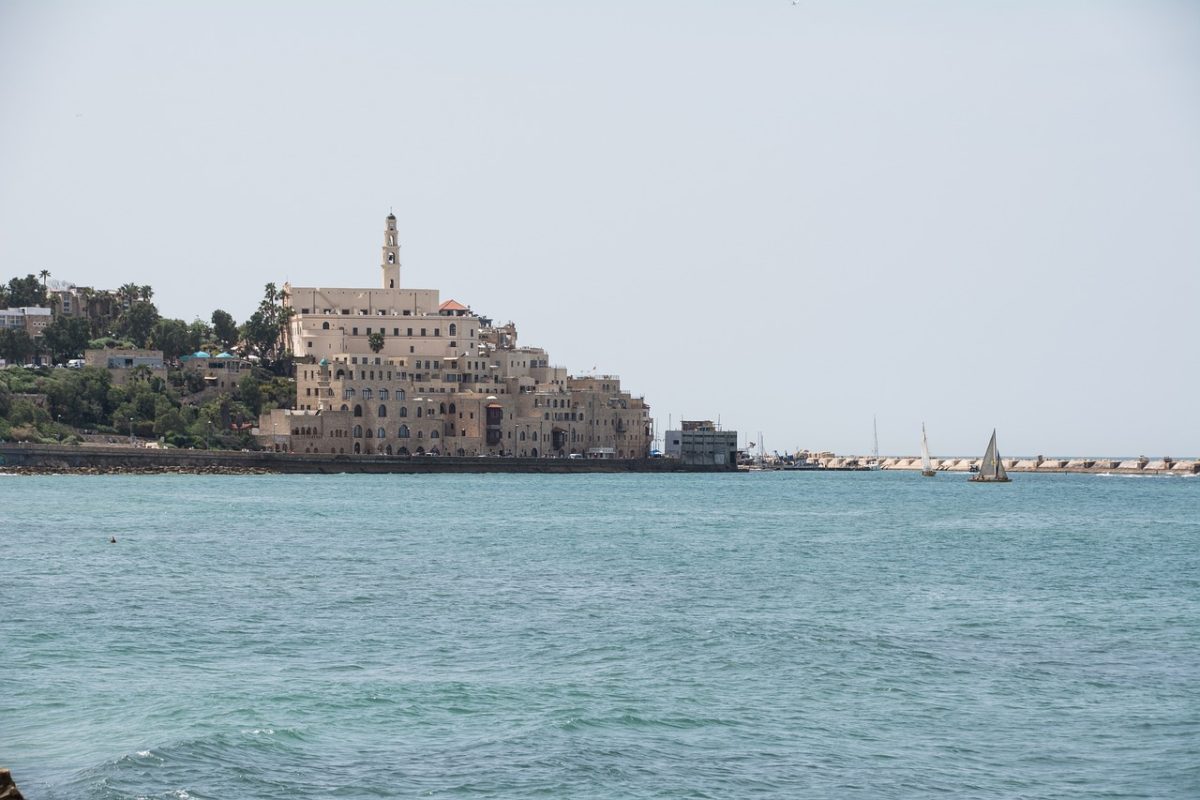
Coinciding with these attacks, two gunman open fire in Jaffa, Israel, igniting scenes of panic and chaos. Witnesses recounted the harrowing moments when gunfire shattered the usual calm, sending people diving for safety amidst a cacophony of screams and shouts. Streets that once buzzed with life were suddenly transformed into a battleground, where fear hung heavy in the air.
Initial reports confirmed the tragic loss of seven lives, with at least ten of the injured identified as Palestinians. The gunman have been identified as Palestinians and serve as a stark reminder of the long-standing oppression faced by Palestinians, who have borne the brunt of conflict and displacement since 1948. Many in the community voiced their heartbreak, expressing that this incident encapsulates the relentless cycle of violence that has haunted generations.
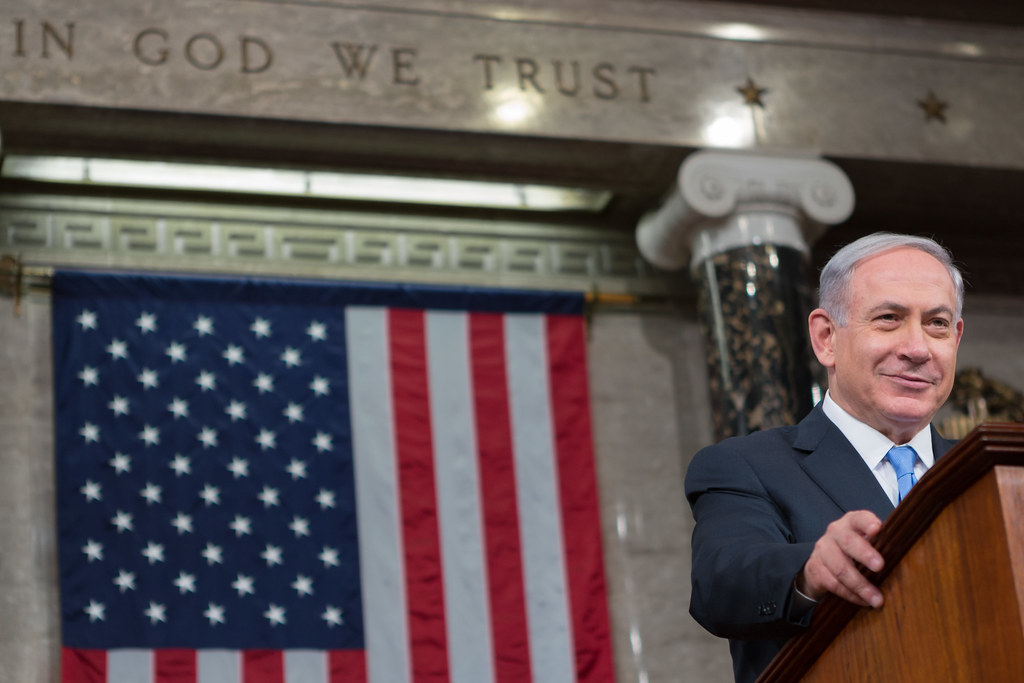
In the wake of these attacks, Prime Minister Benjamin Netanyahu emphasized Israel’s right to defend itself, asserting the nation’s readiness to respond decisively on multiple fronts. He criticized the United Nations for its perceived ineffectiveness, claiming that its decisions often display bias against Israel. This criticism followed his recent address to the UN General Assembly, where he accused several member states of harboring antisemitic sentiments and urged them to “check their fanaticism at the door.” Perhaps the most poignant moment of his address came when he vowed to strike back against Israel’s enemies, declaring, “We will not hesitate to act to protect our citizens.” His statements resonate with a populace seeking reassurance amid chaos, underscoring the ongoing struggle for security and stability in a region fraught with tension.
The urgent need for resolution becomes painfully evident. The events unfolding in the region are not merely headlines; they are echoes of a deeper, more complex narrative marked by historical grievances and entrenched animosities. The cycle of violence has become a tragic refrain, with each new attack and retaliation further entrenching divisions and fueling despair.
In this climate of uncertainty, the role of the international community is critical. The calls for peace from nations like Pakistan and the Houthis are not just reactions; they reflect a widespread yearning for justice and stability. Prime Minister Netanyahu’s commitment to self-defense, must be matched with a vision for de-escalation and dialogue. The citizens of Israel and Palestine alike deserve a future where their safety does not hinge on the precarious balance of military power. The path forward hinges on whether stakeholders can set aside animosities and engage in constructive dialogue. Without concerted efforts to address the underlying issues driving this conflict, the prospect of lasting peace remains bleak. As the world watches, the stakes have never been higher; the time for action is now, and the consequences of inaction could resonate for generations to come.





